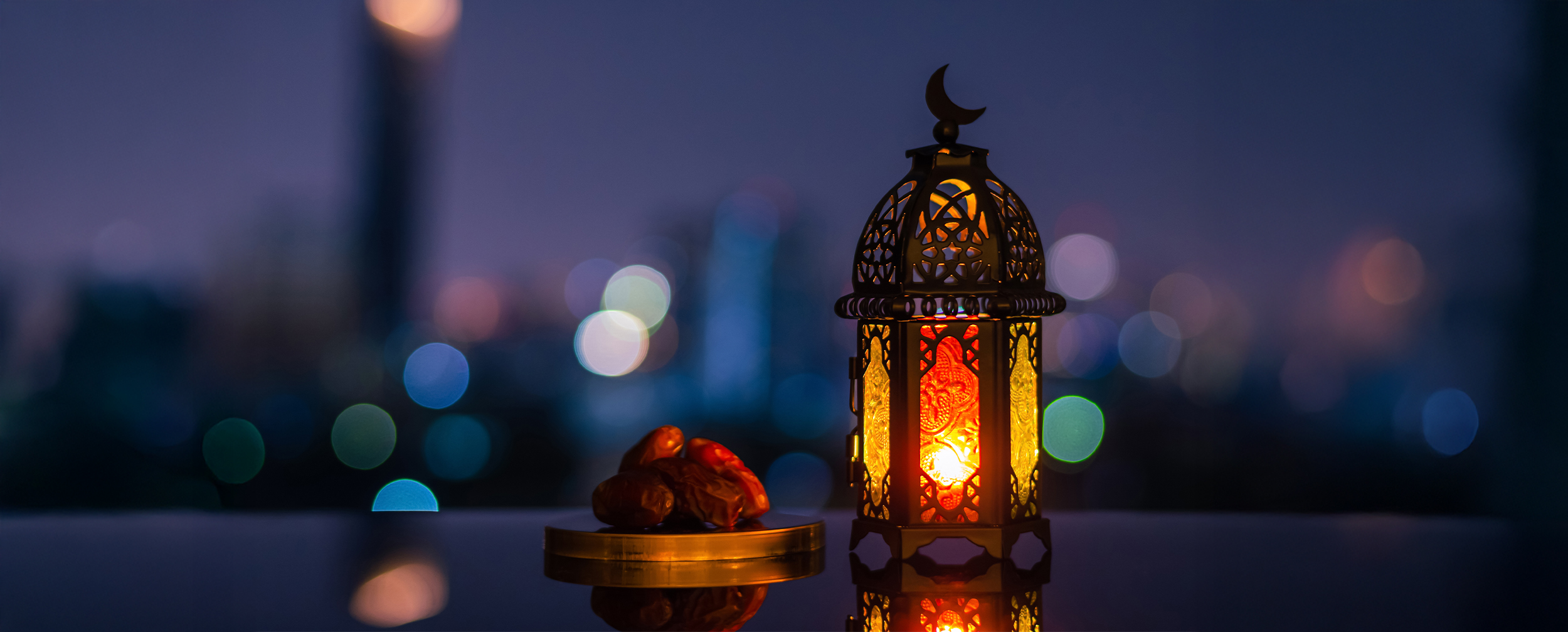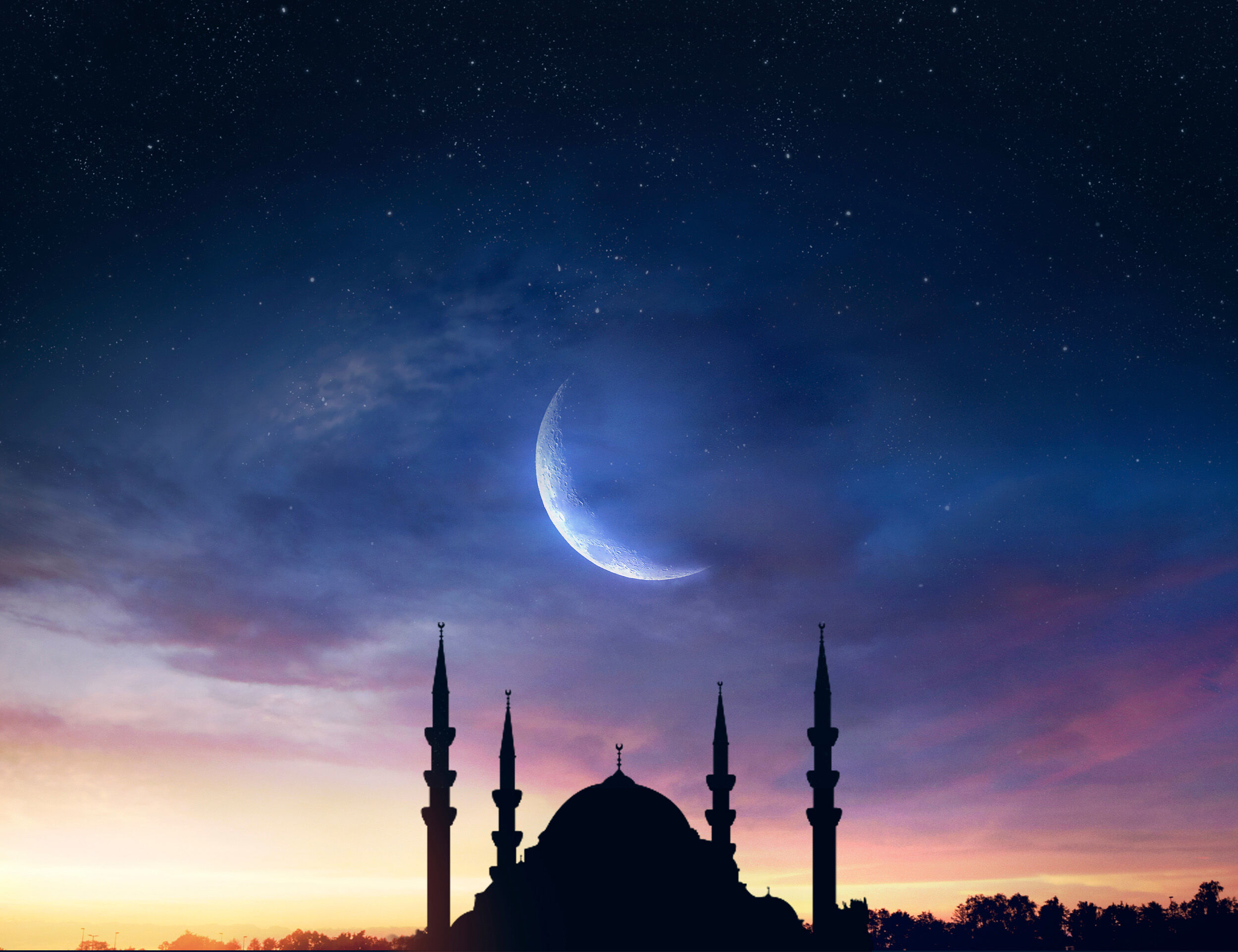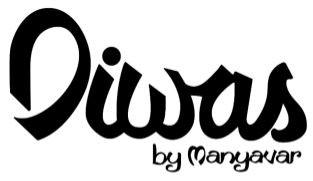STORIES BY DIWAS

Lifestyle
Ramadan to Eid: A Timeless Journey of Faith & Festivity
Date 21 March 2025 Reading time: 7-10 mins
The holy month of Ramadan and the joyous festival of Eid-al-Fitr are central to the Islamic calendar. These sacred observances are steeped in history, faith, and culture, shaping the lives of Muslims across the globe. To truly appreciate their significance, one must explore the origins, practices, and evolution of Ramadan and Eid. This journey reveals a rich tapestry of devotion, unity, and celebration.
Ramadan and Eid are not just religious observances but also cultural phenomena that bring communities together. The history of Eid and Ramadan is a testament to the enduring power of faith and tradition.
As we delve into the Ramadan story, as well as the Eid ul Fitr story, we uncover the profound impact these events have on the lives of Muslims worldwide.
The Origins of Ramadan and Eid
Ramadan and Eid hold profound significance in Islamic history, marking moments of divine revelation, spiritual devotion, and communal unity. The history of Eid and Ramadan traces back to the 7th century when the Quran was first revealed to Prophet Muhammad, shaping the foundation of Ramadan as a sacred month of fasting and reflection. Over time, these practices evolved, becoming an essential part of Islamic faith and culture.
One Eid al Fitr fact that stands out is that this festival is not just a celebration but also an act of worship. The day begins with a special prayer, followed by charitable giving and community gatherings, reinforcing the values of generosity and gratitude.
The Revelation of the Quran
The Ramadan story begins with a profound event in Islamic history—the revelation of the Quran. It is believed that during this blessed month, the first verses of the holy book were revealed to Prophet Muhammad by the Angel Gabriel. This momentous night, known as Laylat al-Qadr (the Night of Power), is regarded as one of the holiest nights in Islam.
The practice of fasting during Ramadan was established in 624 CE, two years after Prophet Muhammad's migration from Mecca to Medina. The Ramadan story is deeply rooted in the Quran, which emphasises that fasting is not unique to Muslims but was also prescribed for earlier communities as a means to attain piety and spiritual growth.
Why Is Ramadan Celebrated?
The question "Why is Ramadan celebrated?" finds its answer in its spiritual essence. Ramadan is a time for Muslims to strengthen their relationship with Allah through prayer, charity, and self-reflection. Fasting from dawn to sunset—one of the Five Pillars of Islam—fosters self-discipline, empathy for those in need, and gratitude for life’s blessings
Beyond abstaining from food and drink, the Ramadan story is one of spiritual renewal. It is a time to break free from negative habits, mend relationships, and seek forgiveness for past mistakes. This month offers an opportunity to realign oneself with righteousness and compassion.
Why Is Eid-al-Fitr Celebrated?
The Eid ul Fitr story is deeply rooted in the teachings of Islam and the traditions established by Prophet Muhammad. Historically, Eid-al-Fitr was introduced after the Prophet’s migration to Medina, where it became an occasion to express gratitude, strengthen communal bonds, and replace pre-Islamic festivities with a spiritually enriching celebration. Understanding about Eid also means recognizing its role in fostering unity and compassion among communities.
To truly understand the significance of Eid, one must learn about Ramzan and its purpose. This sacred month is more than just fasting—it is a time of deep spiritual reflection, increased devotion, and acts of kindness. Muslims refrain from food and drink from dawn to sunset, not just as a test of endurance but as a means to cultivate patience, gratitude, and self-control.
The Eid ul Fitr story also highlights the significance of generosity and compassion. The festival, observed for one to three days across different cultures, begins with a special congregational prayer. Muslims seek forgiveness, express gratitude for the strength gained during Ramadan, and reinforce the values of charity and compassion. The giving of Zakat al-Fitr, a mandatory charitable donation, ensures that those less fortunate can also partake in the festivities. Families and friends come together to share meals, exchange greetings of 'Eid Mubarak', and embrace the spirit of generosity and unity.
Ramadan and Eid Through History
The history of Eid and Ramadan reflects centuries of devotion and cultural evolution. During early Islam, fasting was accompanied by nightly prayers (Taraweeh) and communal iftars. As Islam spread across regions, diverse cultural practices enriched these observances.
In medieval times, Ramadan became a period for intellectual gatherings among scholars, while Eid celebrations showcased grandeur under ruling dynasties. In modern times, technology has transformed these traditions—mobile apps provide prayer schedules, while social media fosters global connections among Muslims observing Ramadan and Eid.
Cultural Diversity in Celebrations
The essence of Eid remains consistent worldwide; however, regional customs add unique flavours to its celebration. In South Asia, bustling markets come alive with festive lights and aromas of traditional dishes like kebabs and biryanis. Families host elaborate iftar gatherings and children eagerly await Eidi (gift money). In contrast, Middle Eastern countries emphasise communal prayers followed by feasts featuring dates and sweets.
Ramadan and Eid in the Modern World
Despite modern challenges, the history of Eid and Ramadan continues to hold immense significance for Muslims globally. Families bond over shared meals like suhoor (pre-dawn meal) and iftar (breaking fast). Acts of generosity are evident through food drives and fundraisers during this sacred month.
Many traditions surrounding about Ramzan have adapted to contemporary lifestyles. Technology now plays a significant role in helping Muslims stay connected with prayer times, Quranic recitations, and virtual religious gatherings. At the same time, many still honour traditional customs, such as preparing special meals for iftar and engaging in extended prayers at night.
Eid-al-Fitr has similarly evolved with large-scale events uniting people from diverse backgrounds. These celebrations, rooted in the Eid ul Fitr story, often include cultural performances, food stalls, and activities for children—fostering unity amidst joy. As the world modernises, Muslims continue to uphold the essence of Ramadan and Eid, balancing tradition with contemporary influences.
Celebrating Ramadan and Eid in Style
For men seeking to celebrate these occasions stylishly yet traditionally, classic wear plays a pivotal role. Many opt for a solid kurta for a timeless look, embroidered kurta for a regal touch, or printed kurtas for a blend of tradition and modernity. Paired with churidars or pajamas, these outfits embody the spirit of the festivities while ensuring comfort and sophistication.
Whether attending prayers or festive gatherings, dressing thoughtfully enhances one’s participation in these meaningful events. The history of Eid and Ramadan is not just about spiritual practices but also about cultural expression through attire and traditions.
Eid & Ramadan: A Tapestry of Faith, Tradition, and Joy
The history of Eid and Ramadan illustrates how faith intertwines with culture to create timeless traditions. From the revelation of the Quran during Laylat al-Qadr to the jubilant celebrations of Eid-al-Fitr, these observances remind Muslims worldwide about Ramzan as a journey of self-reflection, compassion, and unity.
The Ramadan and Eid ul Fitr stories are intertwined with the history of Eid and Ramadan, reflecting a journey of faith, culture, and celebration that transcends generations. Whether it's the spiritual practices of Ramadan or the joyous festivities of Eid, these observances continue to shape the lives of Muslims around the world. And as you gather with family, let Diwas add to the joy with our Ramadan collection—because great celebrations deserve styles that bring joy and everyone closer! Wishing you an Eid and Ramadan filled with love, laughter, and unforgettable memories.


